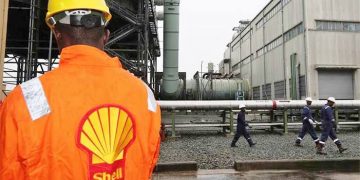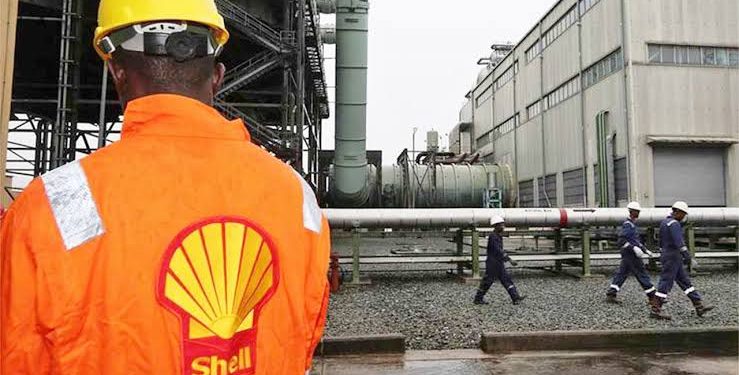By Lucy Adautin
British energy major Shell has agreed to sell its Nigerian onshore oil and gas subsidiary in Nigeria to a consortium of five mostly local companies for up to $2.4 billion, after nearly a century of operations there as the deal, announced Tuesday, marks a significant shift for Shell, which has been operating in Nigeria for over 90 years.
Active in the West African country since the 1930s, Shell has struggled for years with hundreds of oil spills at its onshore operations as a result of theft, sabotage and operational issues that led to costly repairs and high-profile lawsuits.
It has sought to sell its Nigerian oil and gas business since 2021, but will remain active in Nigeria’s more lucrative and less problematic offshore sector.
The Shell Petroleum Development Company of Nigeria Limited (SPDC) will be sold for a consideration of $1.3 billion, the company said in a statement, while the buyers will make an additional payment of up to $1.1 billion relating to prior receivables at completion.
“This agreement marks an important milestone for Shell in Nigeria, aligning with our previously announced intent to exit onshore oil production in the Niger Delta”, said Shell integrated gas and upstream director Zoë Yujnovich.
READ ALSO: NYPF Hails President Tinubu Over Assent To New Student Loans Bill
Renaissance comprises ND Western, Aradel Energy, First E&P, Waltersmith, all local oil exploration and production companies, and Petrolin, a Swiss-based trading and investment company.
Experts said the deal encompasses around 95,000 barrels of oil equivalent per day (boe/d) of production, making it one of the largest divestments in Shell’s history.
Shell’s SPDC Limited operates and has a 30% stake in the SPDC joint venture that holds 18 onshore and shallow water mining leases as SPDC will remain the operator.
Other partners in the joint venture are the state’s Nigerian National Petroleum Company Limited (NNPCL), which holds 55%, TotalEnergies (TTEF.PA), with 10% and Italy’s Eni (ENI.MI) with 5%.
Apart from its operations and stakes in several fields deep offshore, Shell also still has a liquefied natural gas plant and other assets in Nigeria as analysts suggest that the sale reflects Shell’s broader divestment strategy, focusing on higher-margin deep-sea and liquefied natural gas (LNG) projects.
Additionally, the complex operating environment in Nigeria’s onshore fields, coupled with pressure from climate change activism, may have played a role in the decision.




































